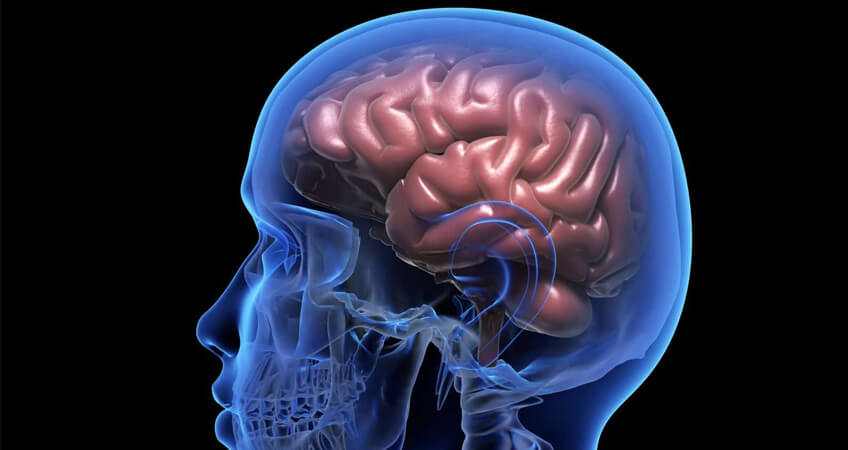It’s true that alcohol consumption is deeply ingrained in American culture and without the stigma or social abhorrence of many of the other drugs of abuse. While the occasional cocktail, a glass of wine, or happy-hour beer now and then is not likely to cause problems, excessive drinking can impact the brain and cause deficits over time if abused. While it is said that moderate drinking can be good for your cardiovascular system and even protect against type 2 diabetes and gallstones, even in its use as a social lubricant it is clear that the negative risks far outweigh any potential benefits. Exceeding the recommended levels can have damaging effects on the brain both short-term and permanently; some that may be easily noticeable like slurred speech and diminished memory while other effects like long-term cellular damage may not be as obvious.
Alcohol impacts
Heavy drinking is a major cause of preventable death in most countries. In addition to playing a role in about half of all fatal traffic accidents, it also increases the likelihood of developing breast cancer in women as well as mouth, throat, esophagus, or colon cancer. Excessive drinking also damages the liver and heart, can harm an unborn child, and contribute to a variety of mental health issues and can interfere greatly with relationships.
Your go-to tonic may help alleviate the day’s stresses and even put a smile on your face, but have you ever wondered what really going on in the brain when you’ve had one too many? The active ingredient in alcohol is ethanol, which has instant effects on the stomach, brain, heart, gallbladder, and liver, and consequently affects the body in many different ways. Within about 20-minutes of ingesting an alcoholic beverage, it is absorbed through the lining of your stomach into your bloodstream and begins to alter your mood, concentration, and coordination.
Neural circuits
Although the liver can metabolize one ounce of alcohol every hour on average, alcohol reaches your brain in only 5-minutes, with immediate repercussions on your body appearing within 10-minutes of consumption. According to research regarding the effects of alcohol in the brain, excessive drinking can change the levels of dopamine, serotonin, glutamate, and chiefly the inhibitory GABA neurotransmitters, responsible for the sedative properties of alcohol. Changes in this neural circuit is why after a few drinks, you will begin to experience feelings of intoxication such as sluggish movement, slurred speech, and slower reaction time. For review, dopamine is generally thought of as the neurotransmitter responsible for experiences of pleasure whereas serotonin is known to assist in regulating mood, each playing a part in craving and relapse. Additionally, alcohol is also known to speed up a neurotransmitter called glutamate that plays a role in assisting GABA in its sedative effects. Any change to these excitatory and inhibitory chemical messengers that transmit signals throughout the body can lead a person to engage in risky behaviors, and even affect thought processes and emotion.
So, once that gin and tonic works its way through your bloodstream, it results in a slowdown along your brain’s pathways and especially if you have any underlying mental health issues, drinking can exacerbate its symptoms and increase or depress your mood significantly. Additionally, alcohol also affects the hippocampus region of the brain that plays a role in creating new memories, which is why you may experience short-term memory lapses including a loss of consciousness while drinking too much.
It’s clear that heavy and even moderate drinking can take a significant toll on your body and result in potentially life-threatening diseases. Taking a closer look at what’s happening in the brain shows a clear picture of why addiction to alcohol is so difficult to overcome. Remember, detoxing from alcohol seems like the first step, however without a commitment to recovery, and a treatment team on your side, detoxing from alcohol alone can be a dangerous and risky move. Call us today so you don’t have to face recovery alone.

